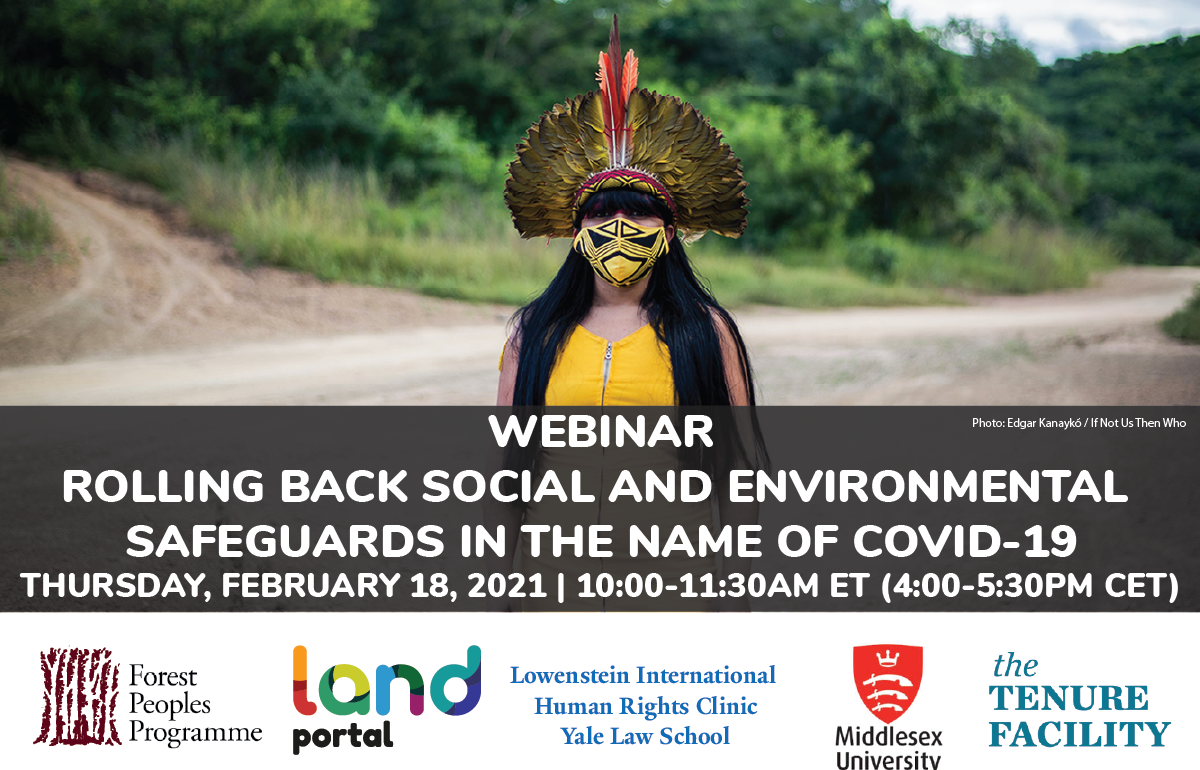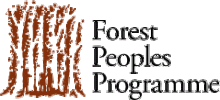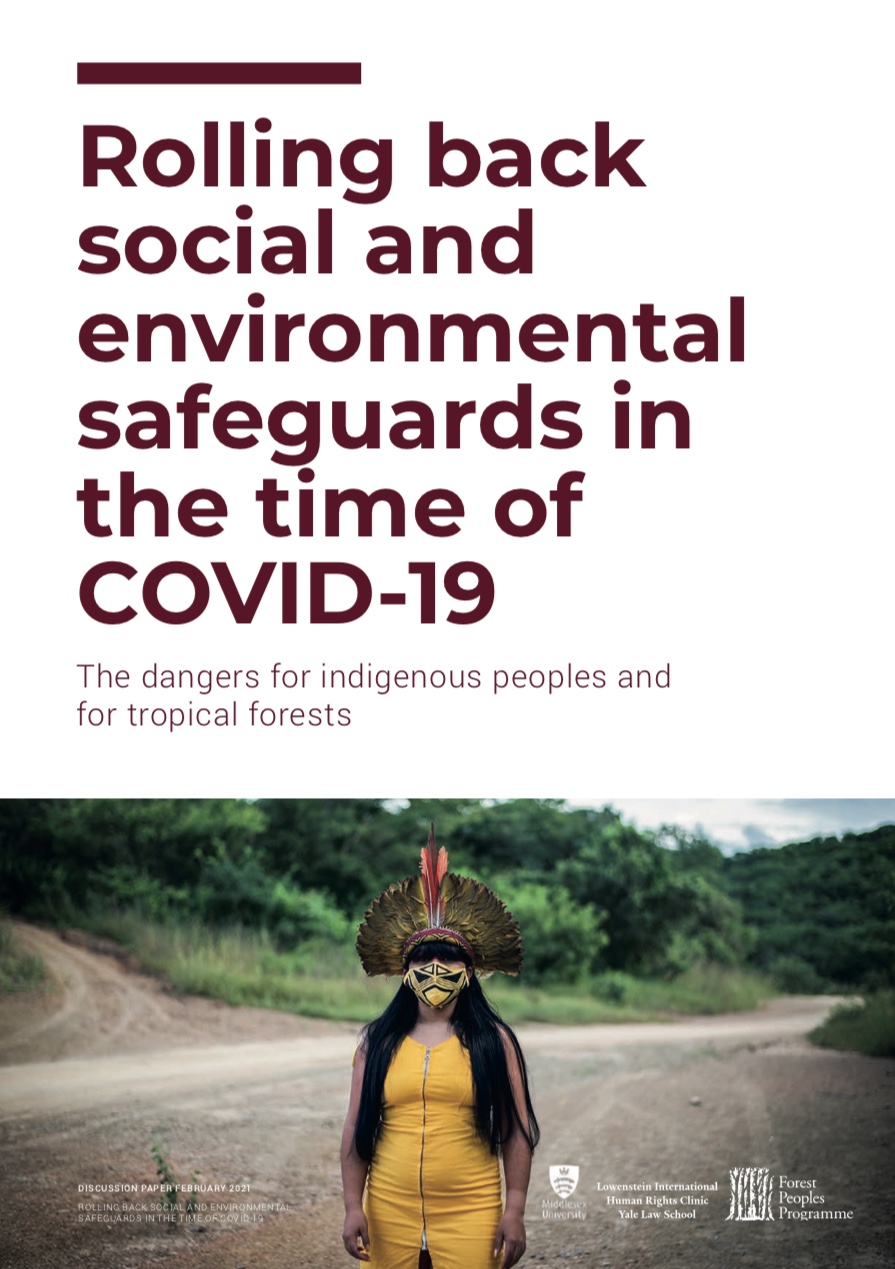The webinar Rolling back social and environmental safeguards in the name of COVID-19., organized by Forest Peoples Programme, the Tenure Facility, Middlesex University, the Lowenstein International Human Rights Clinic and the Land Portal, took place on Thursday, February 18, 2021 .
Global leaders increasingly recognize that land rights for indigenous and local communities are a prerequisite for achieving national and international goals for forest governance, food security, climate mitigation, economic development and human rights.
In 2020, however, the COVID-19 pandemic shifted the political context in many countries, and some governments used the pandemic as a justification for dismantling the protections gained by Indigenous and Forest Peoples. This has been particularly common in heavily forested countries where there are large indigenous communities.
In partnership with various civil society organizations, Forest Peoples Programme (FPP), the Allard K. Lowenstein International Human Rights Clinic of Yale Law School, Middlesex University London, and local researchers have developed five country-specific reports on Brazil, Colombia, the Democratic Republic of the Congo, Indonesia, and Perú. These reports address the following question: Since the outbreak of COVID-19, to what extent are the five most tropically forested countries rolling back social and environmental safeguards and if so, what are, or may be, the negative consequences in terms of land grabs, rights abuse and deforestation in indigenous territories.
This webinar launched the report and presented its findings to a global audience. The 90 minute session included the report presentation, a panel discussion including representatives from four countries and a Q&A with the audience. The webinar was conducted in English and Spanish.
Moderator
 Jonathan Watts
Jonathan Watts
Global Environment Editor The Guardian
Panelists

Dr. Cathal Doyle
LM Programme
Leader and a
Leverhulme Early
Career Fellow
at the School of Law
Middlesex University

Rukka Sombolinggi
Secretary General
Indigenous
Peoples’
Alliance of the
Archipelago
(AMAN)

Camilo Niño
speaker of the
National
Commission
of Indigenous
Territories
observatory

Wrays Pérez
President
(Pamuk)
of the Territorial
Autonomous
Government of
the Wampis Nation

Bivyane Rojas
Lawyer and
Coordinator
Xingu Program
Instituto
Socioambiental
(ISA)







